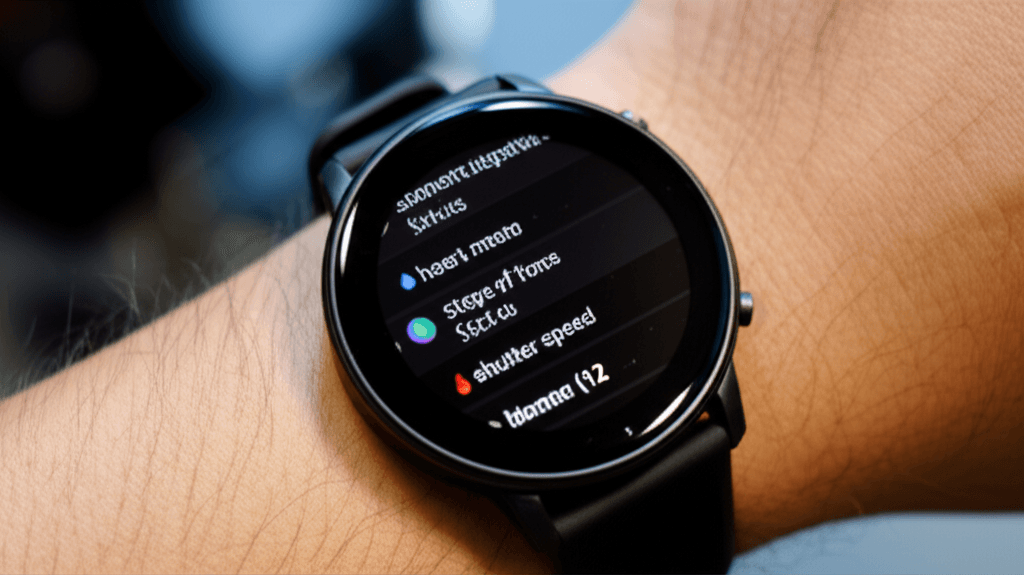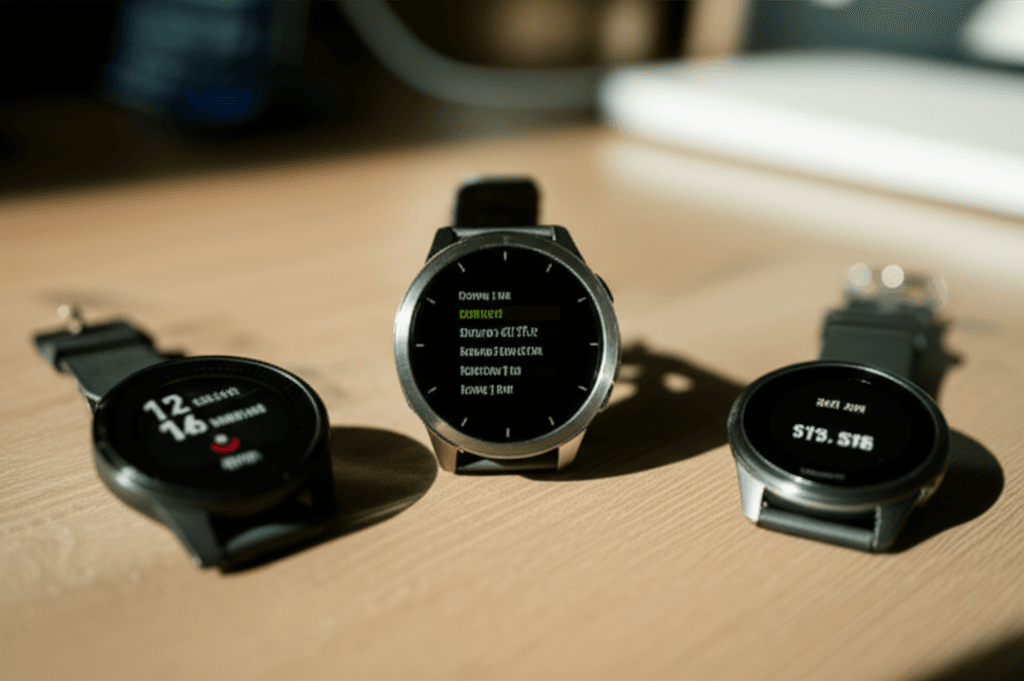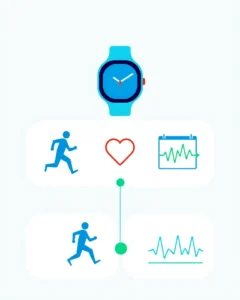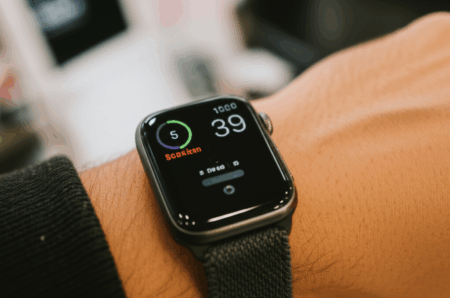DENVER & TEXAS – Fitness tech giants Garmin is facing dual legal challenges from Strava and Suunto, with both companies filing separate lawsuits alleging patent infringement and, in Strava’s case, a breach of contract. The legal battles, which began in late September 2025, could significantly impact the features and functionality of Garmin smartwatches and the broader fitness data ecosystem, though user experience remains unaffected for now.

The Strava Lawsuit: Segments, Heatmaps, and a Broken Agreement
On September 30, 2025, Strava, the popular social fitness platform, filed a lawsuit against Garmin in a Colorado district court. Strava alleges that Garmin has infringed upon two of its key patents related to “segments” and “heatmaps” (also referred to as “user preference activity maps”). These features allow users to compare performance on defined stretches of roads or trails and visualize popular routes based on aggregated activity data, respectively.
Central to Strava’s complaint is the accusation that Garmin breached a Master Cooperation Agreement (MCA) signed between the two companies in 2015. This agreement permitted Garmin to integrate “Strava Live Segments” into its devices under specific conditions. However, Strava claims that Garmin overstepped this agreement by developing its own “Garmin Segments” and popularity routing features that directly compete with Strava’s offerings, operating outside the agreed-upon scope. Strava is seeking financial damages and, more significantly, a permanent injunction that would block the sale of virtually all Garmin fitness watches and cycling computers that incorporate the allegedly infringing technologies.
The API Dispute: A Deeper Rift?
Adding another layer to the conflict, Strava’s Chief Product Officer, Matt Salazar, indicated in an online statement that the lawsuit is also tied to new developer guidelines issued by Garmin on July 1, 2025. These guidelines reportedly require Garmin’s logo to be present on every activity post, screen, graph, and sharing card generated from Garmin data shared with third-party apps like Strava. Strava stated it considers this “blatant advertising” and a misrepresentation of user data. Garmin has reportedly threatened to cut off Strava’s access to its API by November 1, 2025, if Strava does not comply, which would prevent Garmin activities from being uploaded to the Strava platform. Garmin, for its part, has not commented on the pending litigation.

Suunto Enters the Fray: Hardware Patents in Focus
Less than a week after Strava’s filing, Finnish sports technology company Suunto also initiated legal action against Garmin. Filed on September 22, 2025, in a Texas federal court, Suunto’s lawsuit accuses Garmin of infringing on five of its patents. Unlike Strava’s software-centric claims, Suunto’s allegations focus on hardware and specific features, including golf swing detection technology, respiratory rate measurement, antenna design, and watch casing.
Suunto’s complaint specifically names a wide range of Garmin’s popular smartwatch models, including the Marq, Fenix, Epix, Instinct, Venu, and Forerunner series, as well as Approach golf watches and various accessory sensors, as incorporating the patented technologies without permission. Similar to Strava, Suunto is seeking damages and a potential injunction to block the sale of Garmin devices that utilize these patented features.

What This Means for Your Smartwatch and Fitness Data
The simultaneous lawsuits from two major players in the fitness tech industry raise significant questions about the future of connected fitness platforms and the user experience for millions.
Immediate User Impact and Current Functionality
For now, Garmin users can continue to upload, sync, and analyze their workout data on Strava and other platforms as usual. There is no immediate indication that the legal actions will disrupt existing integrations or data sharing capabilities between Garmin Connect and Strava. Garmin has publicly stated that it does not comment on pending litigation.
Potential Long-Term Changes
The outcome of these lawsuits could, however, lead to substantial long-term changes:
- Feature Alterations: If Strava’s claims are upheld, Garmin may be forced to significantly alter or remove its “segments” and “heatmaps” features from Garmin Connect and its devices through software updates.
- Sales Bans: Both Strava and Suunto are seeking injunctions to stop the sale of infringing Garmin devices. While experts note that a complete sales ban on all Garmin watches might be an ambitious outcome, a ruling could necessitate changes to specific product lines or features before they can be sold.
- API Access: The dispute over Garmin’s API guidelines could lead to a scenario where Garmin activities can no longer be directly uploaded to Strava if the companies fail to reach an agreement by the November 1st deadline. This would be a significant blow to the integrated user experience many athletes rely on.
- Industry Precedent: These cases highlight increasing tensions over intellectual property and data control within the rapidly evolving connected fitness market. The rulings could set important precedents for how fitness data is shared, attributed, and monetized across different platforms and hardware manufacturers.

The Industry Reacts and What’s Next
The lawsuits have certainly sent ripples through the fitness community, with many users expressing concern on social media platforms like TikTok about potential disruptions to their training and data tracking, especially as fall race season is at its peak.
A scheduling conference for the Strava lawsuit has been set for December 4, 2025, which will outline the path forward for the case. While legal proceedings can be lengthy and complex, the fitness tech world will be closely watching as these disputes unfold, awaiting clarity on what they truly mean for their beloved smartwatches and valuable fitness data.







